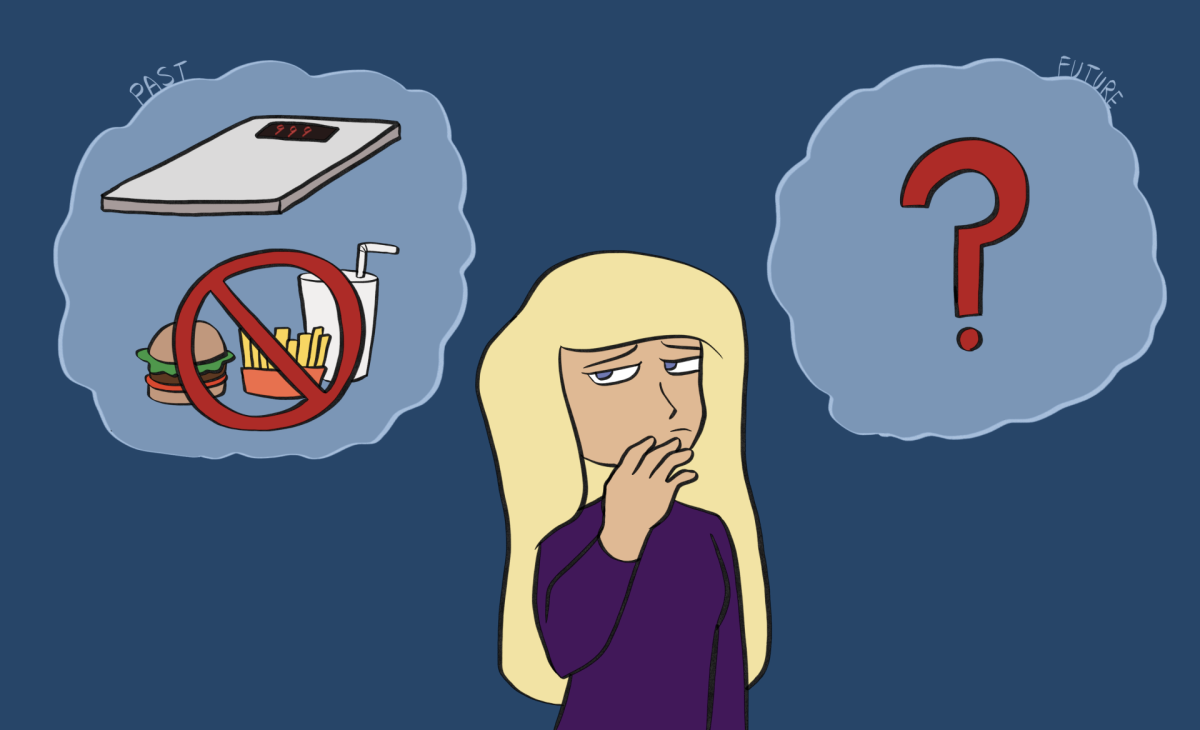Do gay men talk differently? LGBTQ activist David Thorpe explored the supposed existence of the “gay voice” in his soon-to-be released documentary, “Do I Sound Gay?” Although some may find this topic offensive and argue that it supports stereotyping, the perception gay men have a uniquely “gay voice” is more than just a hypothetical question open for debate.
In an experiment conducted by linguistic experts Ron Smyth and Henry Rogers, a small group of volunteer subjects were asked to classify male-recorded voices as either heterosexual or homosexual. As reported in the University of Toronto Magazine, listeners correctly identified the voices of gay men 67 percent of the time. The researchers concluded, “specific phonetic characteristics were identified that seemed to make a man’s voice sound gay.” Yet, today, this should not matter. In a world where gay rights, such as legalized same-sex marriage, have broken ground, it should not matter if your voice reveals your sexuality, and the gay voice should not be an insecurity.
Some gay men find the idea of a gay voice quite offensive and react with derision upon being questioned about the possibility of its existence. An openly gay male student at DePaul, who wished to remain anonymous, illustrated this point. “I have it slightly, but it’s annoying and rude to be asked,” he said.
Does it matter if people assume a man is gay based on the sound of his voice? David Sedaris, gay activist and author of “Me Talk Pretty One Day,” admitted that it made him feel proud when people could not tell he was gay. Sedaris, however, then asked, “What’s the problem if somebody assumes that I’m gay when I open my mouth?”
There is certainly a stigma surrounding the gay voice in society, yet one can surprisingly find the stigma most distinctly in the gay community itself. A second openly gay male at DePaul, who also wished to remain anonymous, said he found it “unattractive” when a guy embodied a stereotypically gay voice. Most would argue that stereotyping is unfair, often leading to unjust treatment of a select group of people, and even though some differences between heterosexual and homosexual male voices may be rooted in a degree of truth, the real problem is the negative attachment of the label.
When asked about the gay voice, DePaul Professor of American Studies Allison McCracken reflected on the stigma rooted in history surrounding the gay voice, stating that since the 1930s, high-pitched male voices were “explicitly connected to effeminacy and to homosexuality,” and that “since homosexuality was thought to be a pathology or a disease, schools, medical facilities and other institutions worked to rid adolescent boys of their high pitches in order to try to conform to social norms.”
“Even though schools do not perform ‘re-training’ any more, the stigma persisted because of the continued cultural conflation of perceived ‘feminine’ qualities with homosexuality,” she said.
With this in mind, one can see the reason behind the insecurities that some gay men have associated with their gay voice. However, in a society that is moving forward with the acceptance of the gay community, it really should not matter if your voice is gay or straight and the labels, along with the stereotypes, should become mute.








